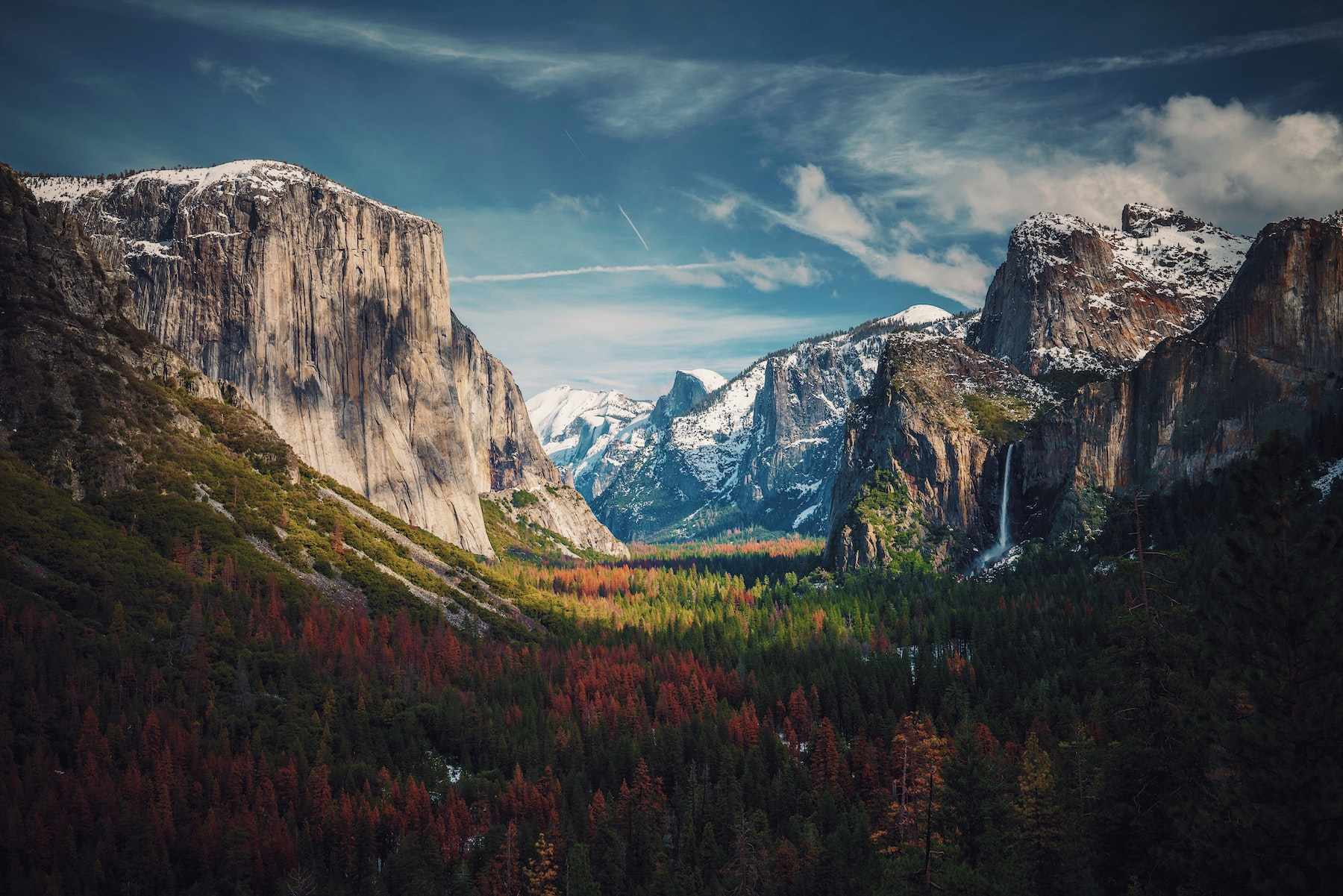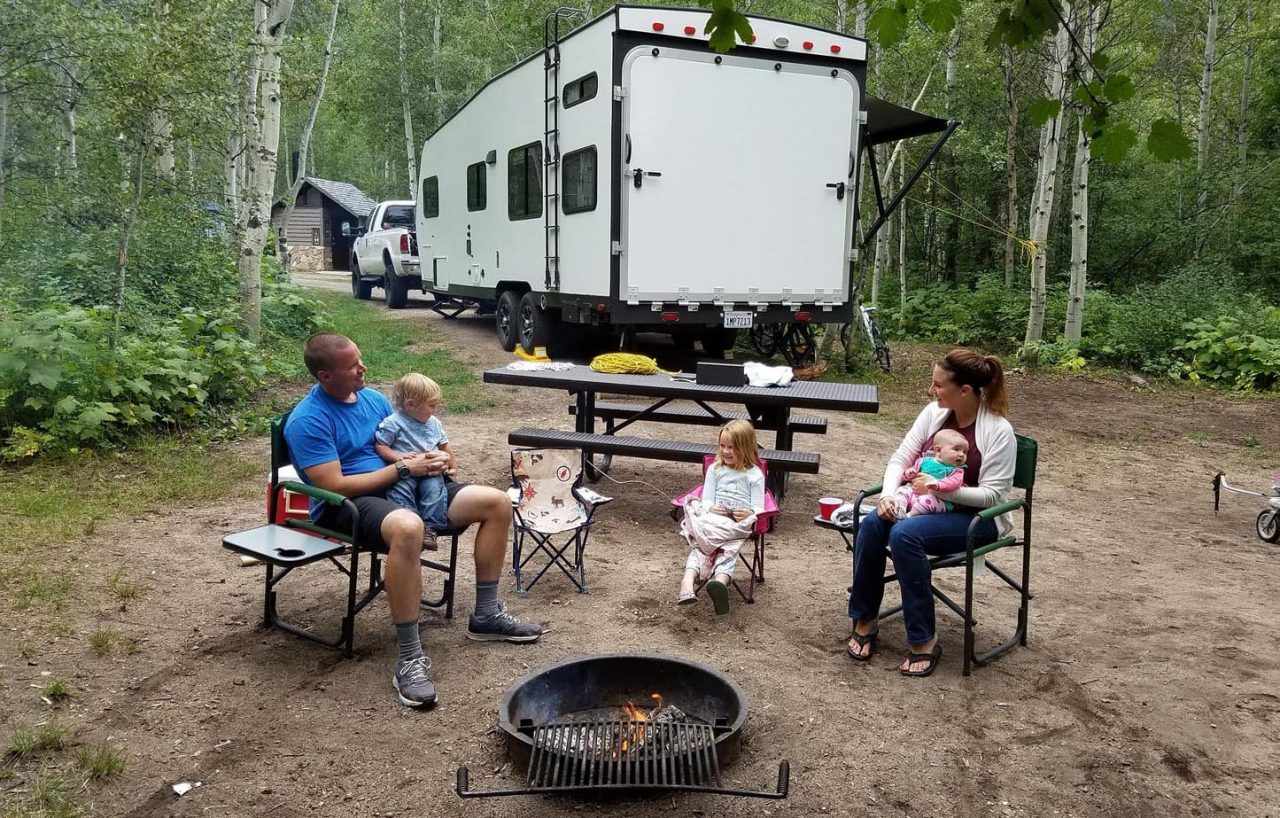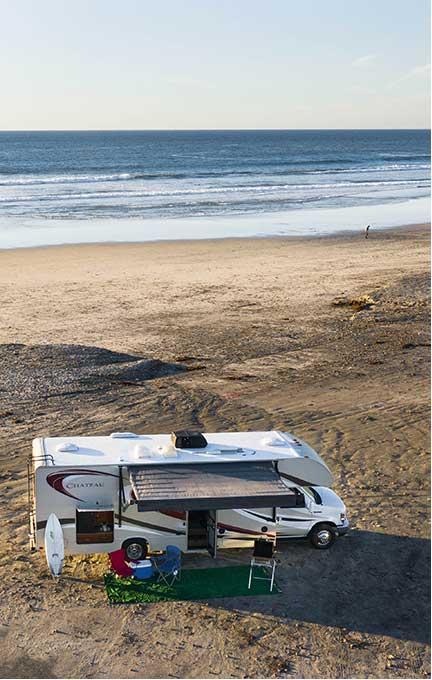Coming soon to summer near you: cramming your entire family into a space smaller than your master bedroom and taking a long road trip with little contact from other people. What could possibly go wrong?
Jokes aside, family vacations are stressful. Family vacations at such close quarters can be even worse. The good news is you can have fun despite these challenges and forge a family experience you will remember fondly for the rest of your lives. And you’ll be eager to repeat the experience next summer.
Here are 10 ways to improve your family RV trip!
1. Plan for Perfection
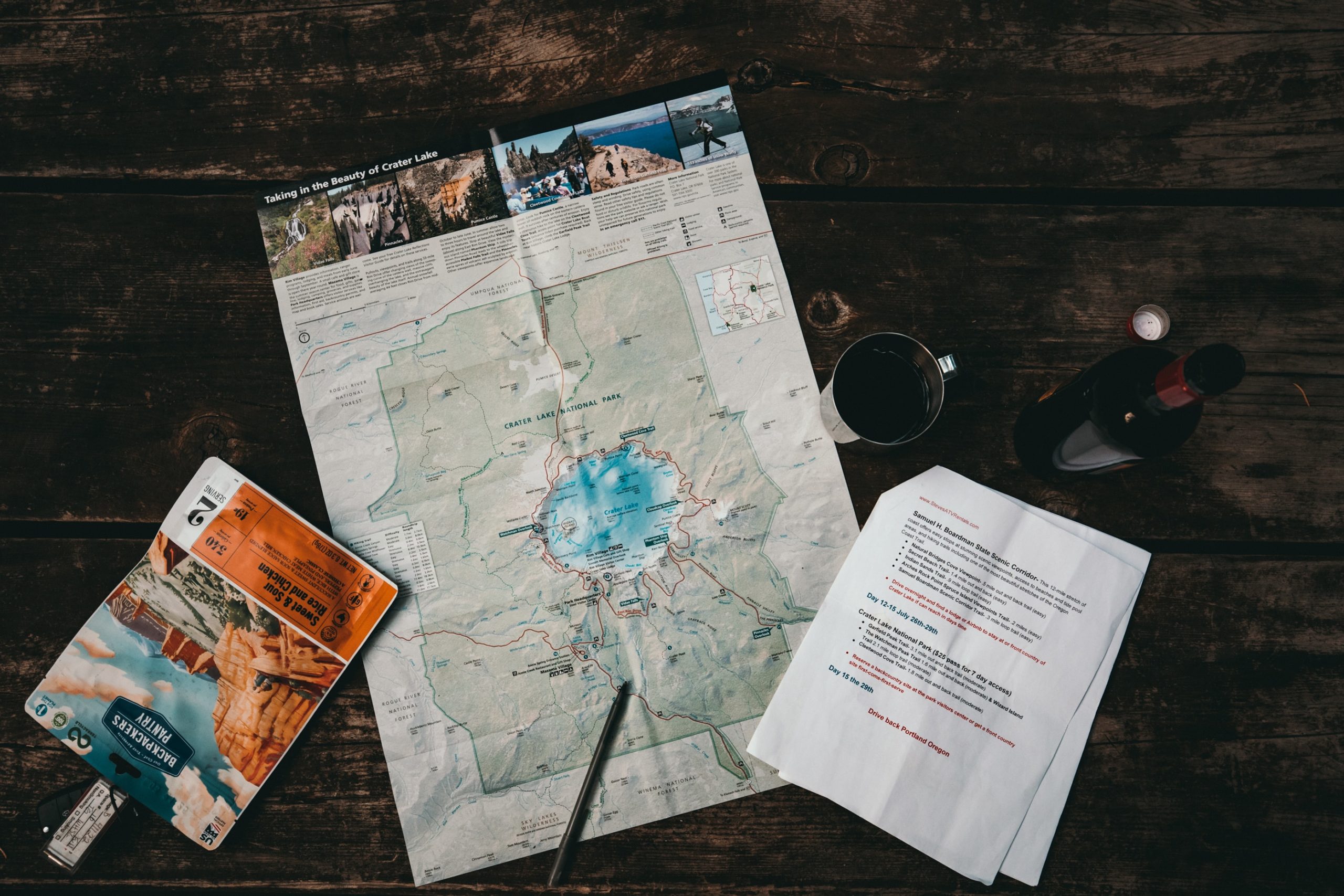
Unless you’re a full-time trucker or have some other job that requires a CDL, you’ll be surprised by how different it is to drive an RV compared with your car. Some routes are problematic; others are impossible. Parking is rare and difficult to access. Even stops for gas require specialized facilities.
This isn’t a reason not to drive an RV. The benefits outweigh these annoyances — if you plan ahead. Research your routes and destinations and identify where you’ll stop, where you’ll park, and where you’ll get gas. Make phone calls, if necessary, to make sure the places you want to go can accommodate a vehicle of your size.
All good road trips have a foundation in solid planning.
2. Stay at a Full-Service Park Once in a While
One of the significant advantages of driving an RV for your vacation is free lodging while you travel. You can park at rest stops, truck stops, even Walmarts, and skip out on hotel costs. For some families, this makes trips they otherwise couldn’t afford possible.
But it’s worth it to stay at a full-service park a few times during your trip. These places still cost much less than a night at a hotel and give you full electrical, sewer, and water hookups to refill what you’ve used. And that’s only the beginning. Most modern RV parks boast a long list of amenities, including:
● Classes and activities
● Laundry facilities
● Trash disposal
● Game rooms
● Recreation like minigolf or a ropes course
● Biking, hiking, and jogging paths
● Outdoor movie theaters
● Water features from fishing ponds to lazy rivers
They also tend to be located near attractions you want to visit anyway. It’s not as cheap as pulling over at a rest stop but is worth the cost as an occasional treat.
3. Underpack and Overuse
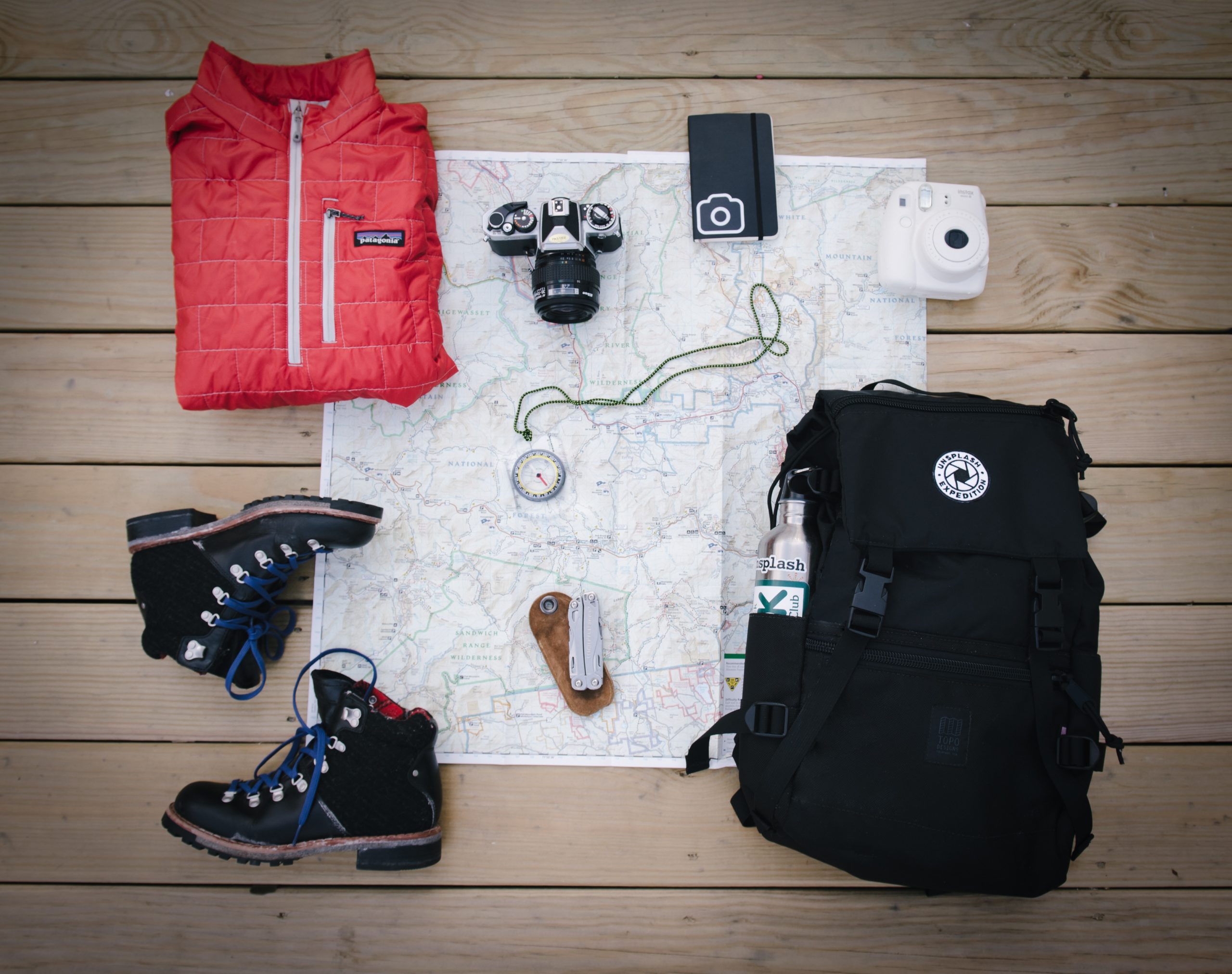
When you’re packing the car for a traditional road trip, you have no illusions about how much you can bring with you. It’s a minimalist trip all the way. With an RV, you have extra space to take much more — but avoid taking too much.
It’s not fun shifting luggage around whenever you want to sit at the table or lie down for a nap. RVs are bigger than sedans, but they’re still pretty small. Instead, have each person pack just like they would for a trip in the car. Add to that small amount a bag or two worth of family supplies like board games, snacks, camping chairs, and a first-aid kit.
When you can, pack things that have multiple uses so you can maximize the value you get from every cubic foot of space you fill up.
4. Book Early and Strategically
RV camping is widespread and becoming more popular each year. That’s good for your RV experience because it means more facilities, opportunities, and cool RV innovations can make your experience more enjoyable.
However, it also means more people are taking RV trips, and space and facilities fill up sooner. Even though a lot of people appreciate the spontaneity of bringing their sleeping quarters with them, it’s a good idea to book your parking berths at key areas as far in advance as you can manage.
One good strategy is to identify your pit stops (more on those below), book spots near them as soon as you finalize your details, and allow for more flexibility on the nights in between. This splits the difference, letting you keep it loose most nights without losing the benefit of the places you most want to stay.
5. Remember to Rest
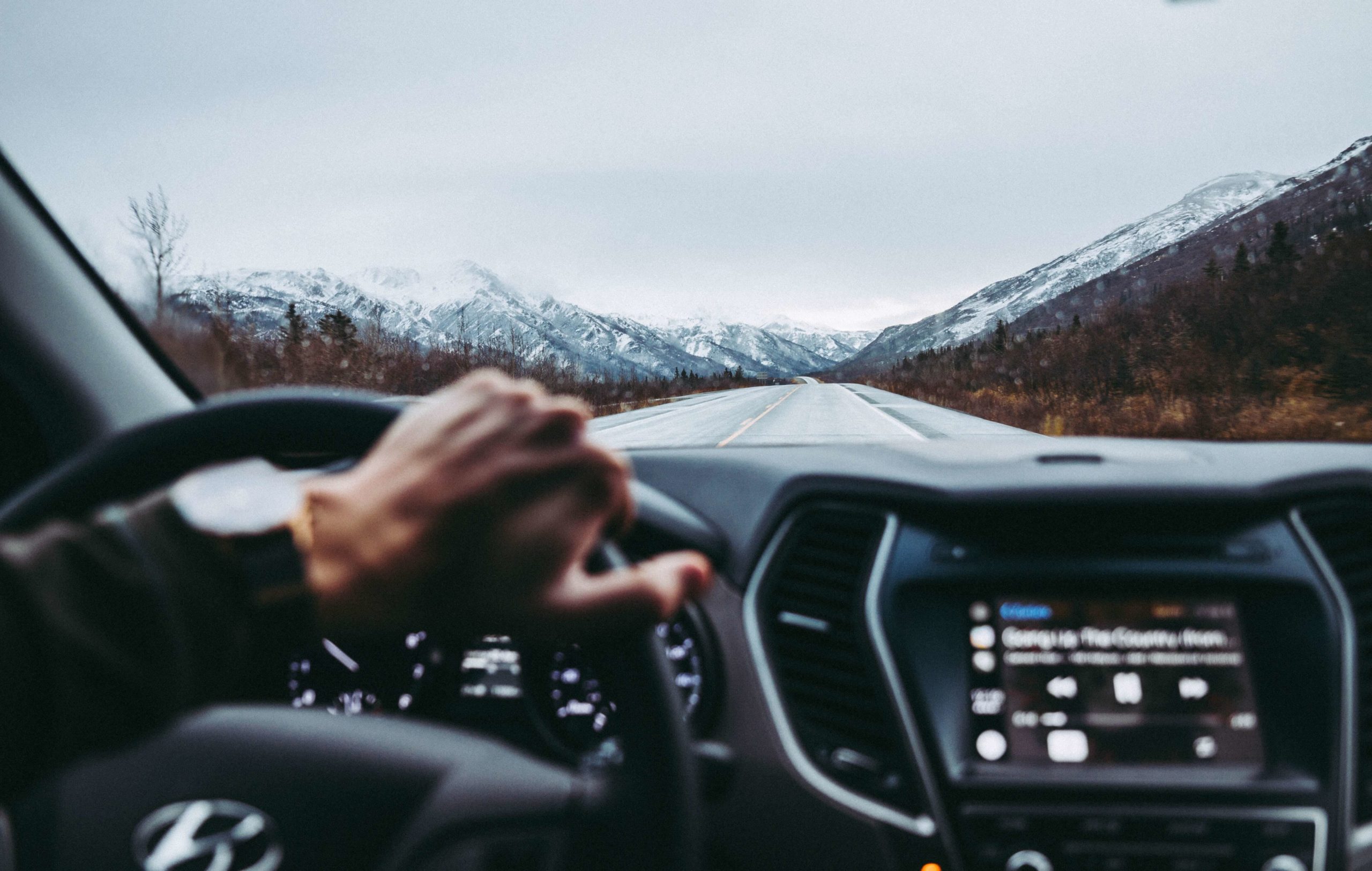
Driving an RV is much harder than driving a car. You need to pay more attention. It’s more physically demanding because of the size of the vehicle. For people unaccustomed to driving something that large, it’s stressful, which makes it even more tiring. You will need to rest more often and longer than when you drive a car.
Drive for a maximum of seven hours on any given day. Plan to stop driving no later than 3 pm. You’ll go longer on many days because road trips inevitably run into delays. But it’s better to intend stopping in the afternoon and end up stopping at dinnertime than to plan to stop at dinnertime and still be driving late at night.
Also, make plans to stop and relax for a full day or two every week. Let yourself recharge entirely before getting back on the road. The law requires this of commercial truck drivers, and you should observe it too. Set this kind of pit stop at full-service RV parks for maximum relaxation and fun.
6. Make a Screen Time Plan
On the one hand, this is supposed to be a family vacation. You don’t want to spend your evenings with the kids staring at their phones and tablets, lolling around the camper just like they do at home. On the other hand, road trips involve long hours with little to do, and a bit of Angry Birds or Instagram can help alleviate the boredom.
We’re not here to tell you how to handle the details of your kids’ screen time rules. What balance you strike should meet our own needs, expectations, and definition of a perfect road trip. Just make a plan in advance, and ask your kids to help you stick to that plan. If you try to wing it, the combined pressures of road trip stress plus your kids’ desire for screen time will usually land on more screen time — and less family time — than you hoped for.
7. Bring a Barbecue
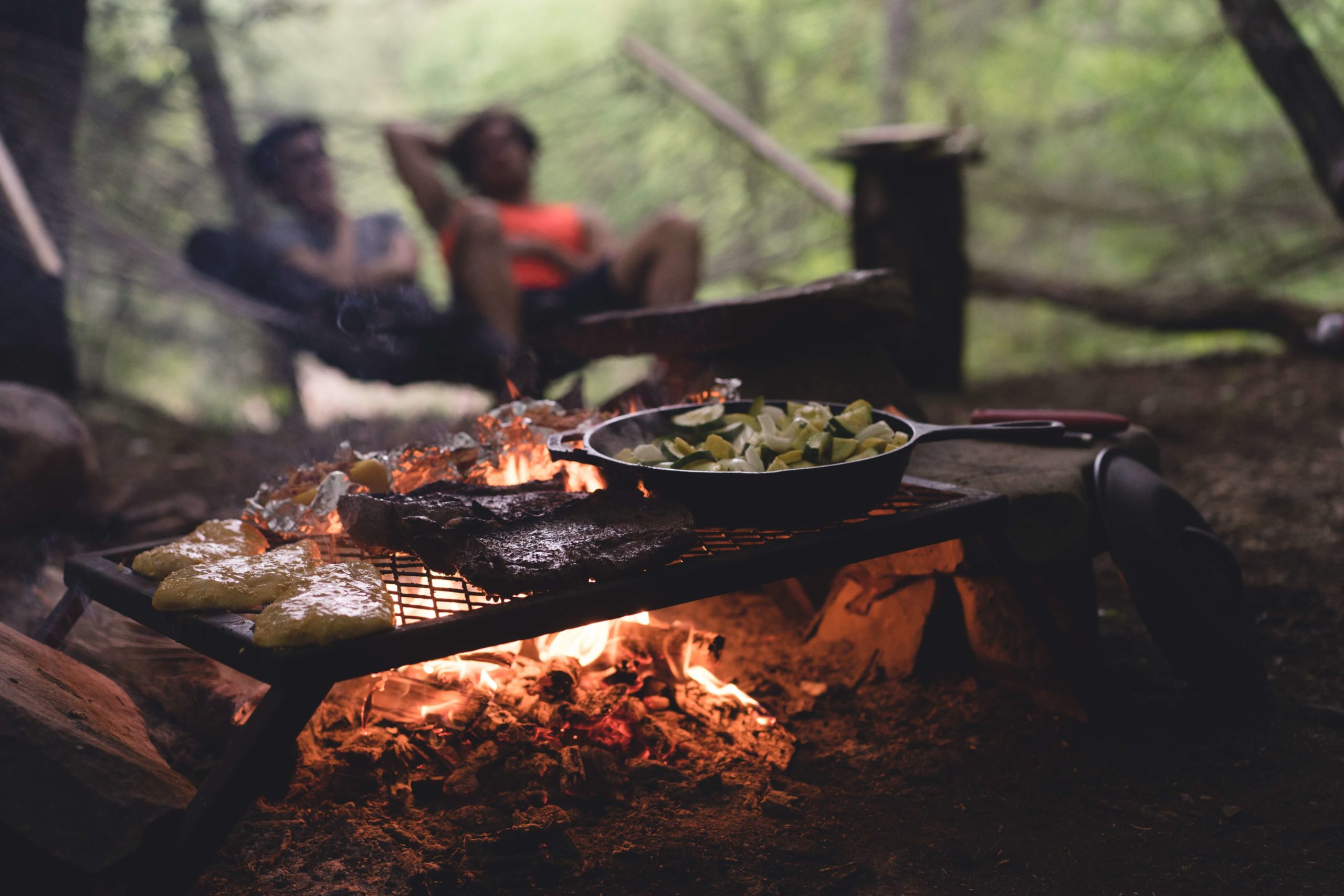
Most RVs come with a small kitchenette for convenient cooking, but the reality is they can be stressful to use. The kitchen is cramped, especially if everybody else is hanging out inside, waiting for their food. It can make what could be a fun, memorable part of your trip a stressful time for everybody.
Instead, consider gathering around a campfire and grilling some steaks or hot dogs in the open air. There’s plenty of room, and you end up with fewer dishes to do. Unless it’s raining, this is usually the better option.
Pack a small barbecue for the trip, and cook outdoors whenever you can. Save the kitchen area indoors for rainy days and simple breakfasts before starting your day on the road.
8. Take a Class
If you have time before your trip, we highly recommend taking two classes. The first should be an RV driving course like those offered by RV Driving School or through the dealership where you bought your RV. This will make your trip safer and less stressful by allowing you to master the basics of this larger, more difficult vehicle.
The second class should be related to the goals of your trip. If you’re cruising the southwest desert, audit a history class at your local community college. For a trip to Yellowstone, learn some geology. If you can’t take a class, read a book. The goal is to get more from your trip by learning enough to create opportunities to learn even more.
This works exceptionally well if you get your kids in on the act. Few things feel better for children than a chance to educate their parents about something.
9. Make Room for Alone Time
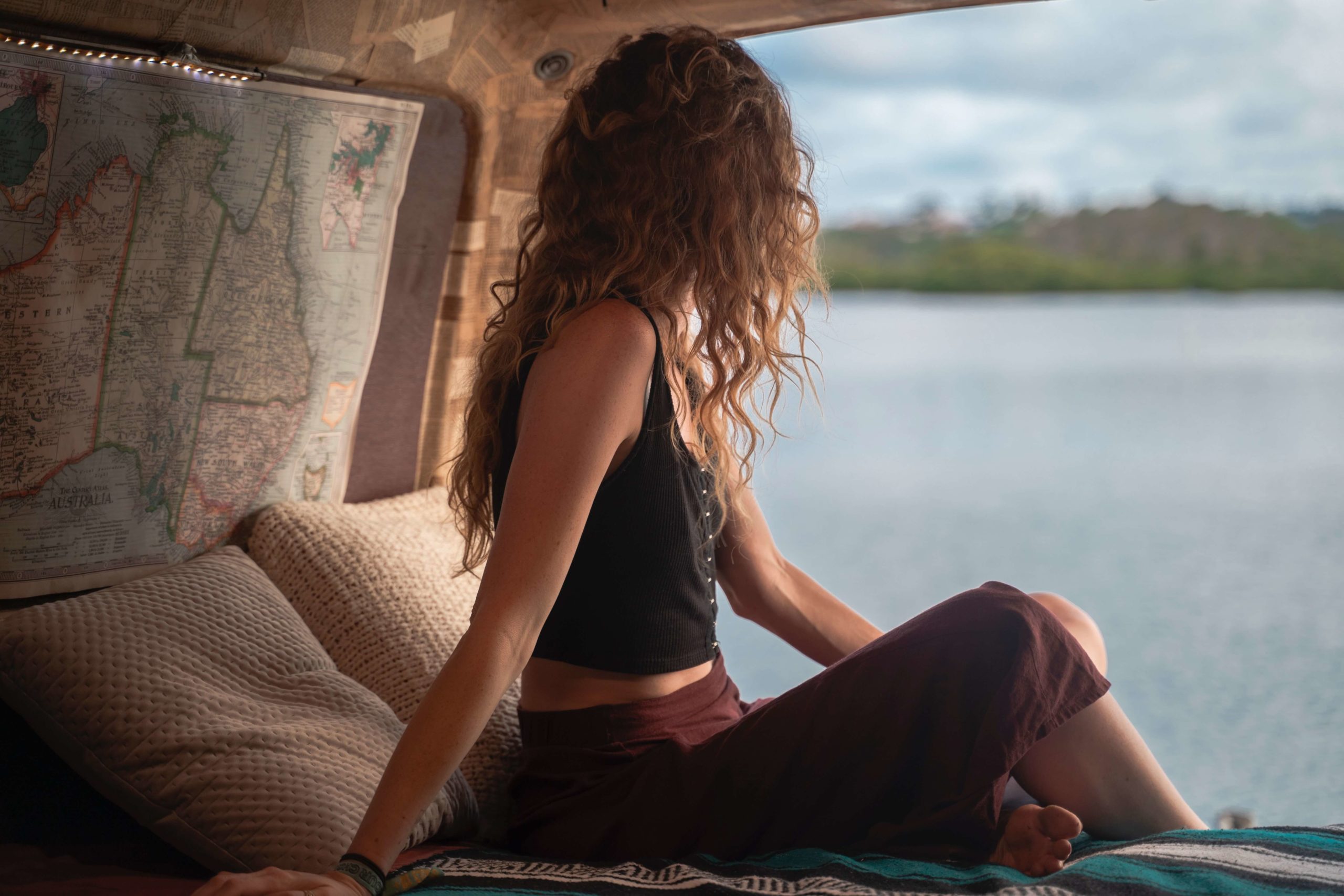
A two-week RV vacation will put you at close quarters with your family for longer than most people have ever spent, and at closer proximity. This can be hard on couples, let alone the dynamic set of relationships in a family with a few kids. Bickering, bad moods, and the simple need for more personal space can ruin entire trip days.
Avoid this by planning space for each person to get time alone. Even if it’s just Dad doing grocery shopping by himself one night while Mom does it for the next stop, these small breaks without the rest of the family can make a big difference.
This is another place where a full-service park can save the day. The hiking, biking, and recreational activities allow the family to spread out a bit while staying safe and entertained.
10. Spring for Insurance
RVs are expensive — in some cases, the price of a small, stationary home — and capable of doing an impressive amount of property damage in an accident. They’re also not typically covered by your regular car insurance policy.
It can be easy to spoil the entire trip with one lousy turn or slow break if you aren’t fully covered. Spring for RV rental insurance on top of your regular coverage, and account for the expense when you’re budgeting for your trip.
In most cases, you’ll get a better deal from your existing car insurance provider than you would from whatever policy your RV rental or sales place offers on-site. Make it easy on yourself by getting an estimate before you go in, then make a call to your insurance provider from the dealership with the details of the model you finally decide on.
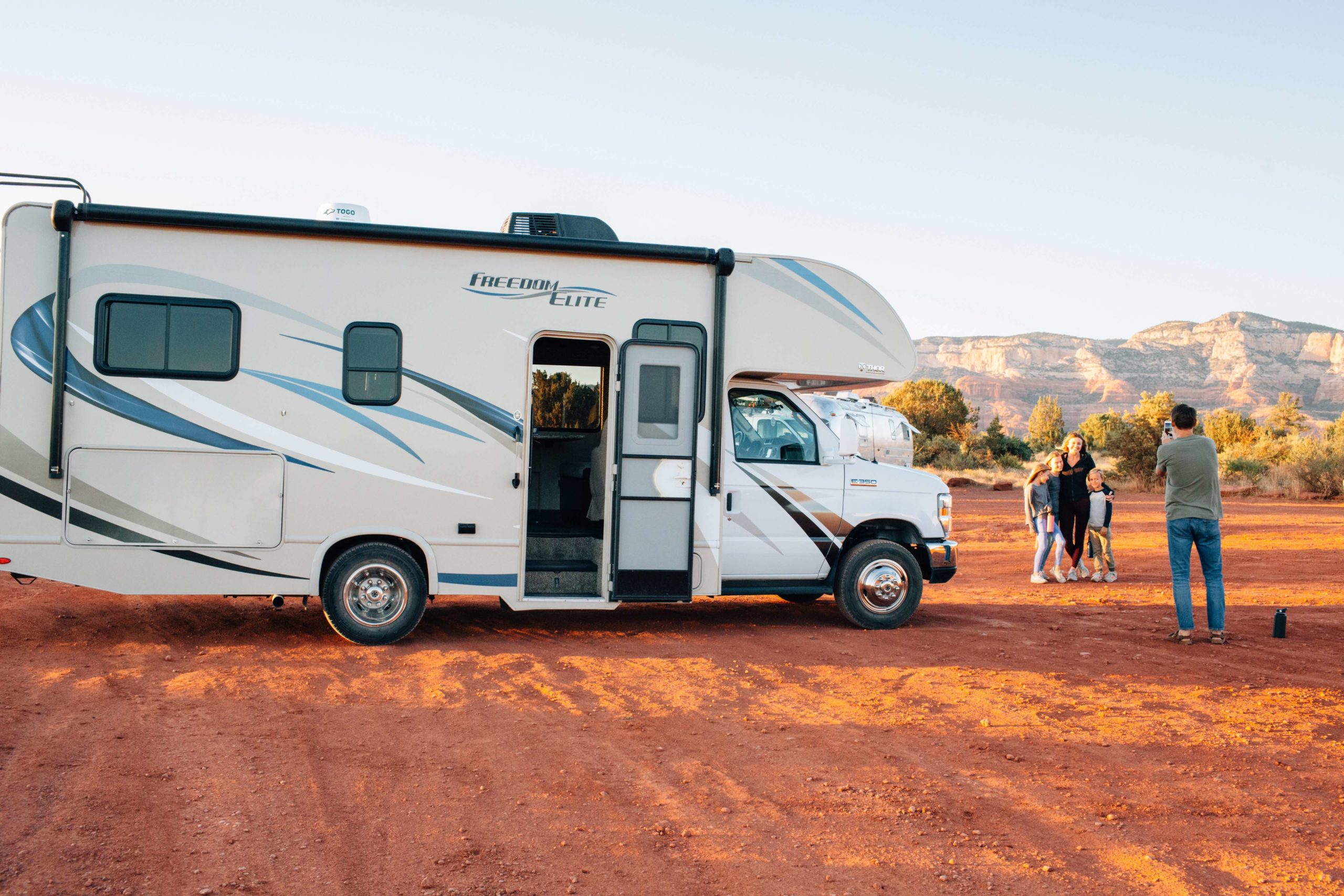
Final Thoughts
After spending so much time talking about things that can go wrong with a family RV trip, we thought we’d close by reminding you about the benefits. RV travel can be less expensive than using hotels. It allows more flexibility to check out scenic areas of your trip. It lets you cook your meals quickly. Best of all, it feels a little more like home.
Mark Foster grew up tent camping, and in his 30s, he bought an RV for his family of five. They’ve been to dozens of state parks and a number of national parks.

